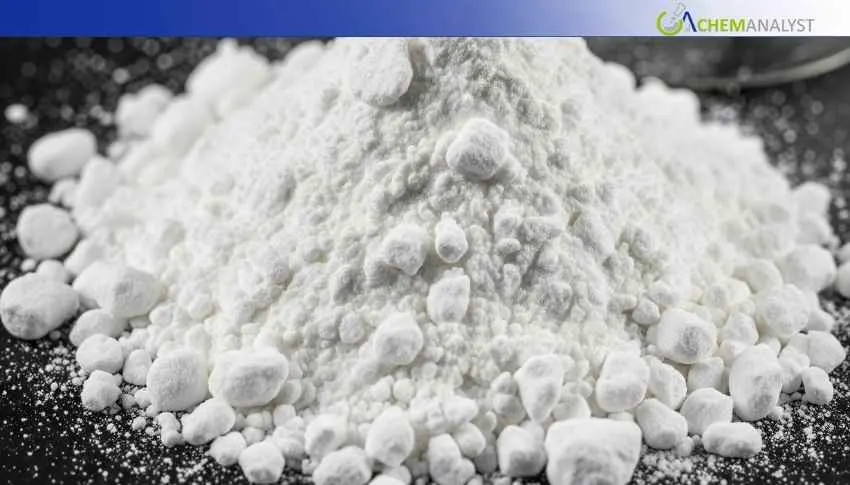Welcome To ChemAnalyst

Lithium Carbonate is entering September on an even keel. China’s record August output offset a temporary mine pause, while EV demand remains at home and briefly stronger in the US ahead of a tax-credit deadline-keeps material moving. With the US maintaining high tariffs on Chinese EVs and batteries but extending some product exclusions to late November, the near-term setup favours stability rather than another sweeping trend change.
Key Highlights:
Entering September xxxx, the lithium carbonate market looks noticeably steadier than the whipsaw moves seen in mid-August. On the supply side, China’s lithium carbonate output set a fresh monthly record in August, cushioning the impact of a temporary mining pause at the key Jiangxi project. On the demand side, China’s EV penetration remains structurally high, while the US is experiencing a near-term pull-forward in EV purchases ahead of the late-September incentive change. Meanwhile, Washington’s tariff architecture on Chinese EVs, batteries, and critical minerals like lithium carbonate remains intact through some product exclusion, just received a...
We use cookies to deliver the best possible experience on our website. To learn more, visit our Privacy Policy. By continuing to use this site or by closing this box, you consent to our use of cookies. More info.
